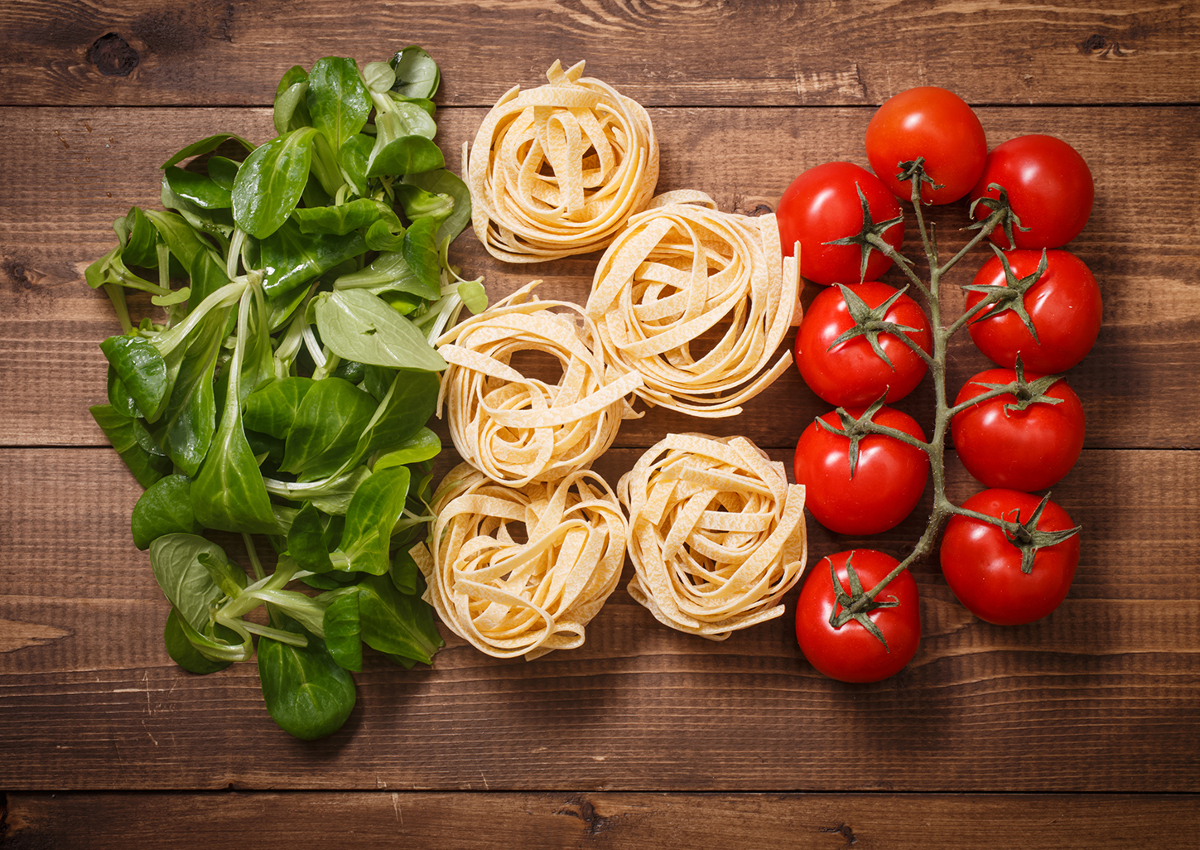
Never before have so much Italian food and wine been consumed on the world’s tables. Last year Made in Italy food exports set a historical record, reaching for the first time the value of 41.8 billion euros with an increase of +1.8%. During Cibus Connect 2019, Italian farmers’ association Coldiretti traced the balance of the year just ended on the basis of Istat data. Results are positive considering that the internal market has been stagnant. Purchases of Italian families in 2018 have in fact grown by just +0.3% on an annual basis (Ismea data).
ITALIAN FOOD SALES GROWING ALL OVER THE WORLD
Almost two thirds of Italian food exports go to EU countries. The main commercial partner is Germany, while outside the EU borders the United States is the reference market for Italian food. The growth is driven by the typical products of the Mediterranean diet starting from wine – the most exported Italian product with an increase of 3% in value. The real star is the sparkling wines category, which jumped up by 13% reaching a value of more than 1.5 billion export sales. This is followed by fresh fruit and vegetables, as good performances also concern cheeses – with an increase of 4% -, pasta (+3%), and cured meats (+2%).
FIGHTING COUNTERFEITING
“This trend on international markets could be further improved with a more effective protection against international agro-piracy, which has a turnover of over 100 billion euros by improperly using words, colors, locations, images, names and recipes that refer to Italy for counterfeited products that have nothing to do with authentic Italian food” said the president of Coldiretti Ettore Prandini.
THE RISKS OF DUTIES AND BREXIT
The changing international political scene is also worrying, starting with the announcement by US President Donald Trump to apply duties worth 11 billion dollars on European products. These would also affect wines, e.g. Prosecco, cheeses such as Pecorino and extra virgin olive oil along with citrus fruits, grapes, jams, fruit juices, water, and spirits. These risks add to tensions caused by Brexit. In the event of a hard Brexit – after the historic record of 3.4 billion euros (+2%) for Made in Italy food exports to Great Britain – new customs duties and delays would trigger many problems starting with the legal protection of Italian products with protected Geographical Indications and quality trademarks (PDO and PGI).
